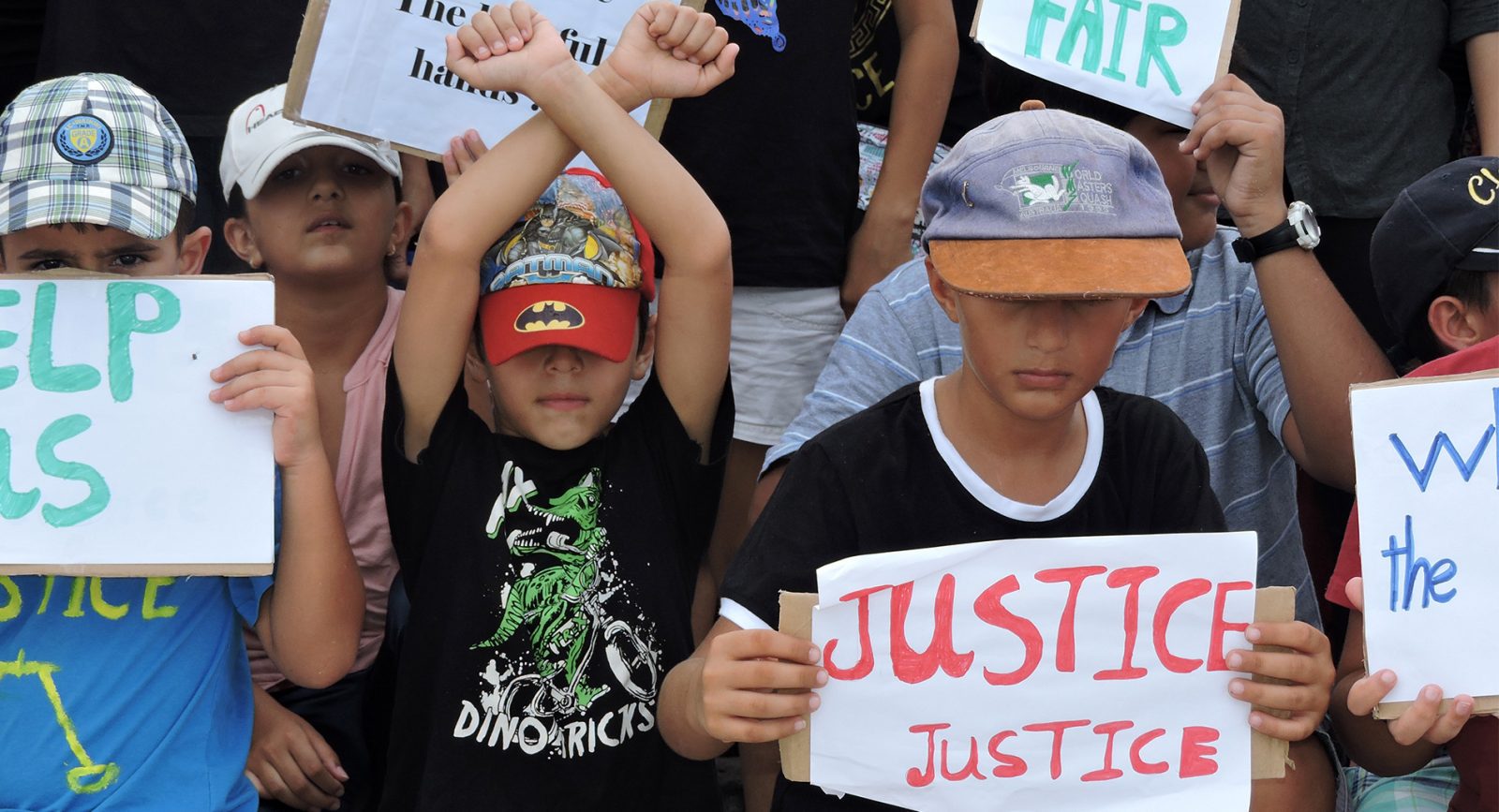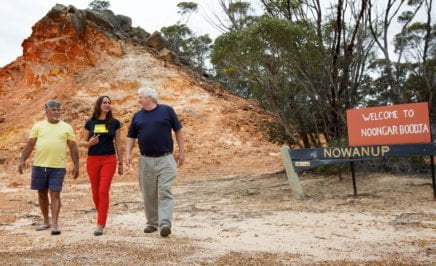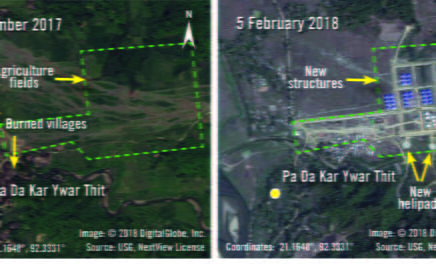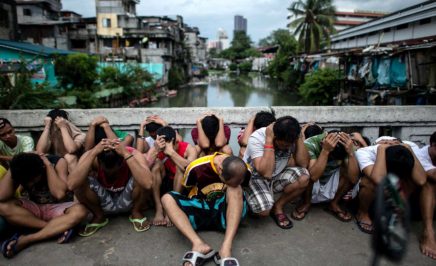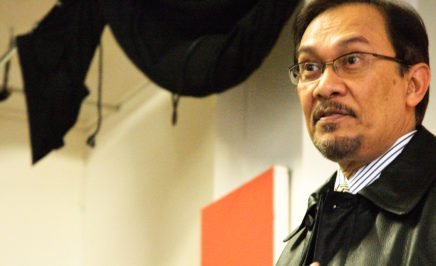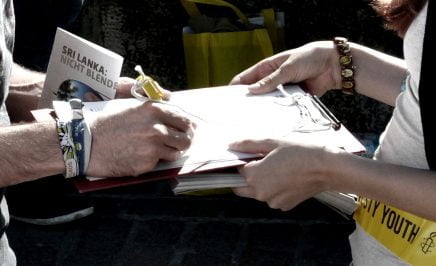Amnesty volunteer Laura James tells us how motherhood motivated her to campaign for refugee rights.
Passion for human rights
My involvement with Amnesty International began in high school, at All Hallows’, an inner city Catholic girls school. Every year the entire school would come together to hold a fundraiser for Amnesty and at the very first one my passion for human rights was ignited.
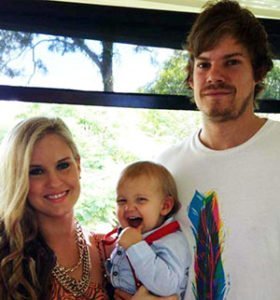
Although I held onto my interest in human rights during my time at university, I only became aware of the on-campus Amnesty group just before I finished. I guess I was too busy being a typical student, concerned with my grades, my work and, of course, my social life.
All of that changed, however, in 2013 when I became a mum. That life-changing event reignited the initial passion for human rights that I had first experienced at school. I began to see the world through the eyes of other parents. Stories I read in the newspaper or heard on the news about children would hit me right in the heart. I felt completely and utterly filled with empathy.
Refugee and asylum seeker rights
After spending a few months at home with my baby, I wanted to help educate young people about the important things happening in our world. For me, this meant Amnesty’s Refugees’ Human Rights Campaign.
Amnesty continues to uncover hidden truths about the harsh hardships reality facing many asylum seeker women and men and – heartbreakingly – children, held in offshore detention centres on Manus Island and Nauru.
We wouldn’t want this for our friends, family, acquaintances, or even our enemies, so how can we sit back and watch asylum seekers endure such difficult conditions? Long-term detention damages the health and development of children – after two years in detention, children display a ten-fold increase in psychiatric disorders, including self-harm and suicidal behaviour.
We wouldn’t want this for our friends, family, acquaintances, or even our enemies, so how can we sit back and watch asylum seekers endure such difficult conditions?
It astounds me how we all share this world, yet our lives can be so different. If I had missed out on any year of my life, I would not be the person I am today. Fortunately, I have lived a privileged life. Children locked in detention face the prospect that their lives may never be the same again.
Every child deserves a childhood
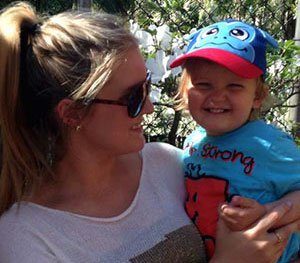
The critical issue is not whether children in detention can get those lost years back – they can’t – but whether they can lead a normal life on release. The sad fact is that many of them may not. As a society we should be doing everything in our power to protect the most vulnerable among us, particularly children.
The question I often pose to others when talking about refugee rights is: if the tables were turned and you and your family had to seek asylum, what would you do? Would you do everything in your power to protect your family? Even if that meant you’d have to endure a perilous journey only to end up in terrible conditions in a detention centre? The answer is always yes. Asylum seekers and refugees are no different. In most cases, people do not leave their home and country behind because they WANT to, they do it because they HAVE to.
In Australia, a privileged country, its time we stopped turning a blind eye to our country’s treatment of refugees and asylum seekers, and show that we just won’t stand for it anymore.
